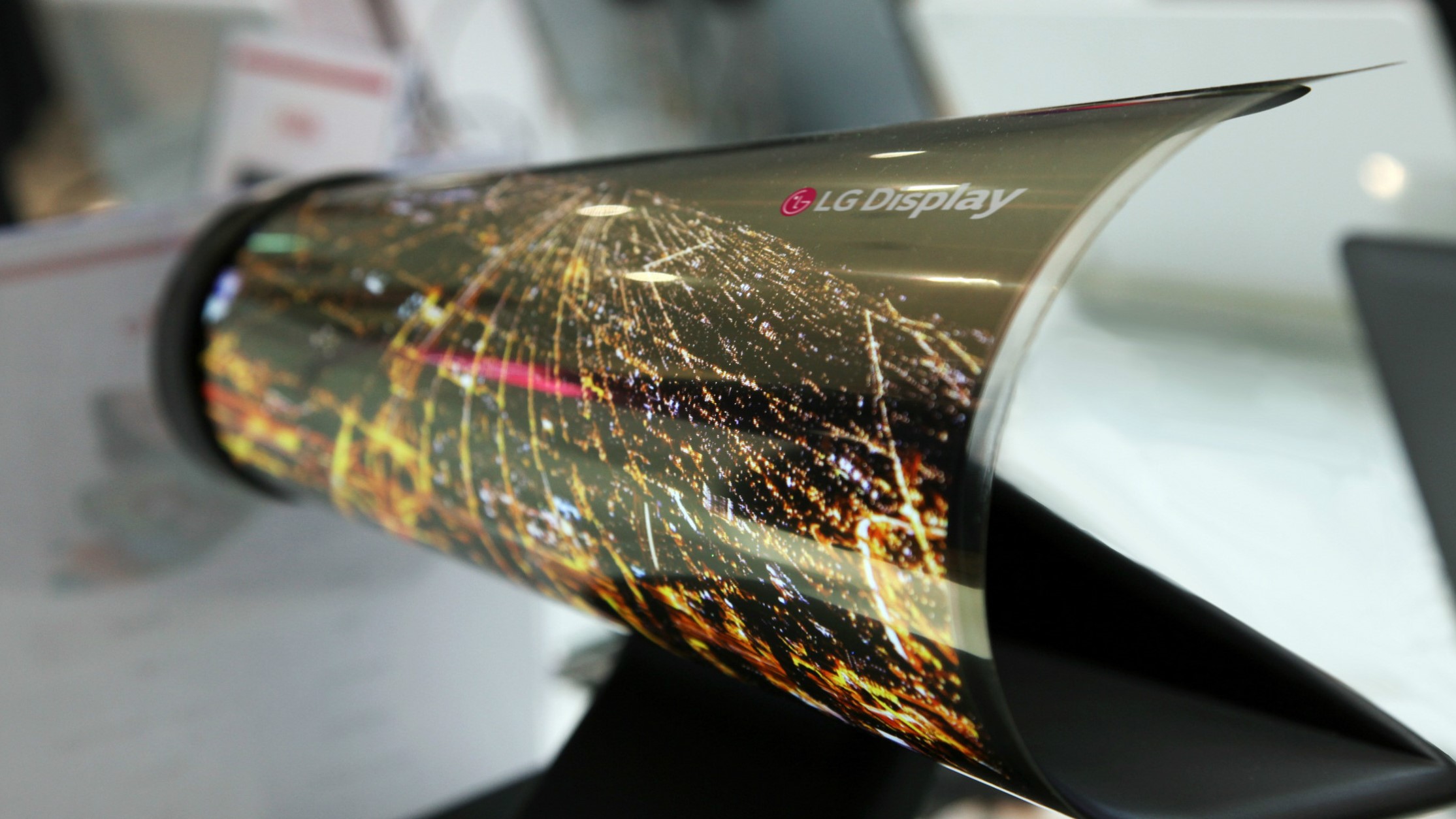Foldable laptop displays aren't coming anytime soon, Intel says
And really, why should they?

In the wake of Samsung's struggles with the Galaxy Fold smartphone, an Intel executive says it may be two years before the technology shows up in laptops, according to a report by Nikkei Asian Review.
While in Taipei for the start of Intel's Project Athena Open Lab program, Intel's general manager of mobile innovation and vice president of its Client Computing Group, Joshua D. Newman, said of foldable displays that Intel is "trying to understand the capability and the limitation of the [foldable] technology."
Newman also told Nikkei Asian Review that the technology was at least two years away from appearing in foldable laptops for consumers.
- See what's happening with Samsung's Galaxy Fold pre-order cancellations
- Here's Lenovo's patent for a foldable laptop
- Microsoft has also patented a foldable device
Design hurdles, and maybe a lack of reason
One big challenge ahead for foldable displays in laptops has been made apparent by Samsung's own foldable smartphone.
Samsung has invested heavily in flexible display technology, and that all culminated in the Galaxy Fold this year. And, within days of the new phone reaching reviewers, multiple displays were failing – some because reviewers removed a protective layer and others for less apparent reasons.
Not only has the incident done some damage to the reputation of foldable displays, but it has highlighted that more work is needed in perfecting the technology. In June, the Huawei Mate X will have an opportunity to show whether foldable displays can work.
Of course, laptop makers then still need to develop the technology further for their own products. That will take some time. Newman said that Intel would accelerate development if the foldable displays offered positive experiences for users.
Sign up for breaking news, reviews, opinion, top tech deals, and more.
And, that leads to the next question: what's the use for laptops?
Laptops may not have foldable displays, but the laptops as a whole are already foldable. The value proposition is clear in phones, as the display size can increase dramatically. But, laptops already have sizable displays, and a screen that folds over on itself to then fold over on the keyboard doesn't sound like a crowd-pleaser.
So, beyond getting the technology to work well, laptop manufacturers need to find a design that offers some practical advantages over a traditional laptop.
- Surprise, surprise: Dell is also working on a flexible display for a 2-in-1
Via LaptopMag

Over the last several years, Mark has been tasked as a writer, an editor, and a manager, interacting with published content from all angles. He is intimately familiar with the editorial process from the inception of an article idea, through the iterative process, past publishing, and down the road into performance analysis.